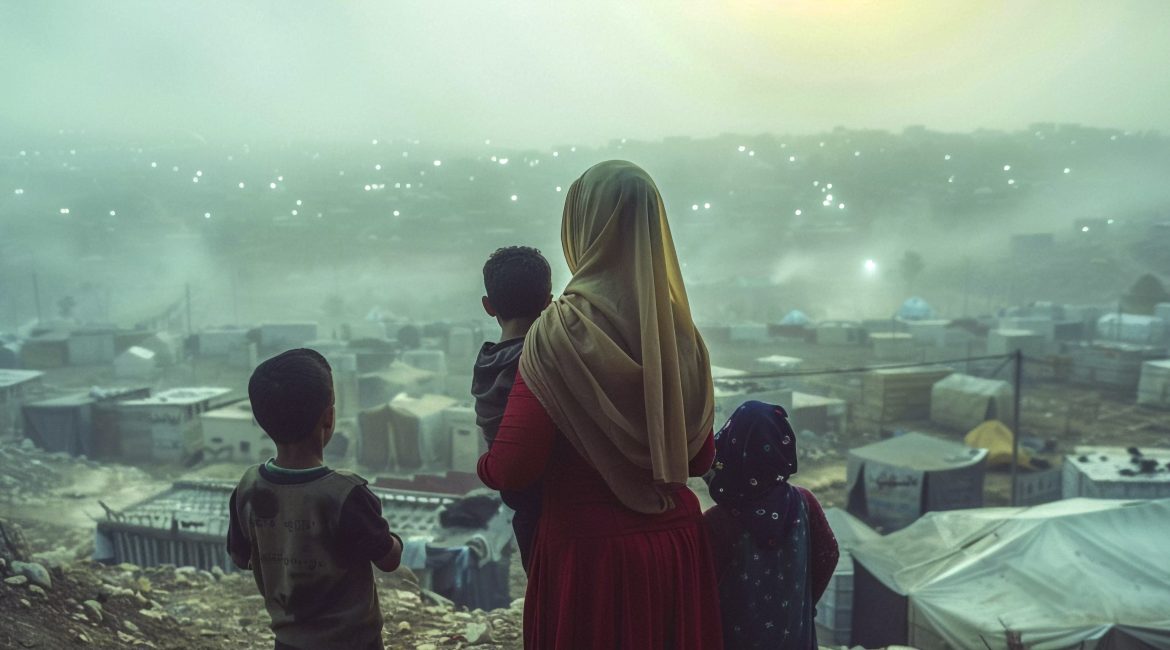According to the results of a recent survey, nearly one million displaced people living in camps and sites in northwest Syria intend to return to their areas of origin within this year.
One of the survey's key findings is that 51% of families intend to return and 93% plan to do so within the next three to twelve months. The survey was conducted from January to February 2025 by UNHCR, the UN Refugee Agency, and 4,800 households have been interviewed, or more than 29,000 people, in 514 sites hosting internally displaced people in northwest Syria.
As of January, northwest Syria hosted more than 3.4 million internally displaced people, including 1.95 million in 1,500 camps and other sites in Idlib and Aleppo governorates. Return intentions are particularly strong in Idlib, where two out of three households have expressed a willingness to return home. Former frontline areas in Idlib and Aleppo governorates are the main destinations of interest for return, particularly the districts of Al Ma'rat and Jebel Samaan. With these returns, the population of the Ma'arat al-Nu'man and Kafr Nobol regions (Idlib) could increase from 3,000 to 130,000 people. Overall, 23 districts could see their populations at least doubled, putting additional pressure on already overstretched services and infrastructure.
While the strong desire to return home is widely shared, those interviewed also report obstacles such as a lack of humanitarian assistance, jobs and livelihoods, as well as difficulties for accessing basic services.
In selected sites in Idlib, the interviewers witnessed the determination of displaced Syrians to return home and rebuild their lives, as they now feel safe. For this return to be dignified and sustainable, they need jobs, housing, schools, hospitals, and basic services such as electricity and clean water. They also need help for clearing land mines, as the fear of explosive remnants is also mentioned as one of their greatest security concerns.
Access to housing is one of the most important needs. The survey reveals that almost all displaced people planning to come back intend to return to their former homes. However, 80% of them reported that their homes were severely damaged or destroyed.
After nearly 14 years at war, Syria is at a crossroads and urgently needs reconstruction support, as years of conflict have devastated the economy and infrastructure, leaving 90% of the population dependent on humanitarian assistance.
There is now hope and the possibility of a historic turning point. The international community is called to firmly commit to supporting Syrians by providing essential assistance to those returning home and investing in early recovery.
With increased support, the international community could help end the world's largest displacement crisis. This is an opportunity not to be missed and international partners are urged to mobilize to meet these needs and support a rapid and sustainable recovery.

